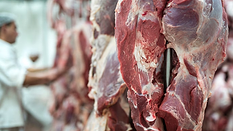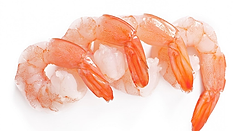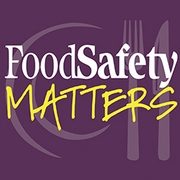
Imports/Exports
Import and export operations describe the receipt or shipment of foods, ingredients, and beverages between the borders of different countries, territories, or world regions.
Articles
More ArticlesPodcasts
More PodcastsNever miss the latest news and trends driving the food safety industry
eNewsletter | Website | eMagazine
JOIN TODAY!Copyright ©2025. All Rights Reserved BNP Media.
Design, CMS, Hosting & Web Development :: ePublishing



